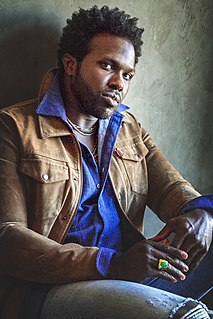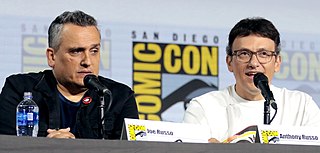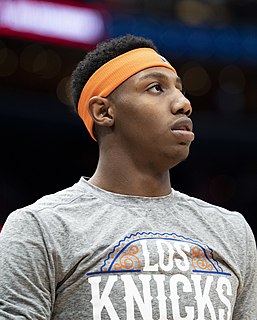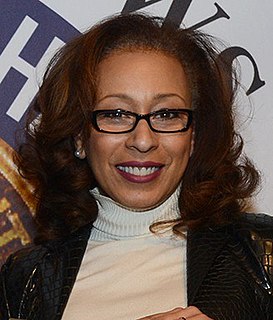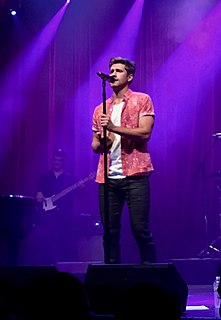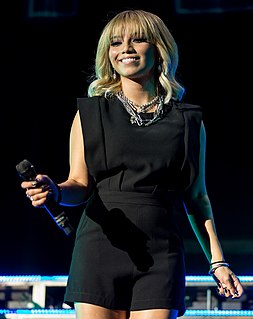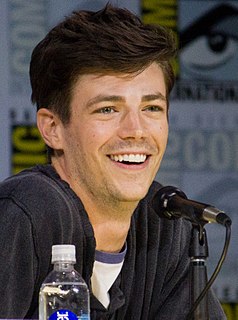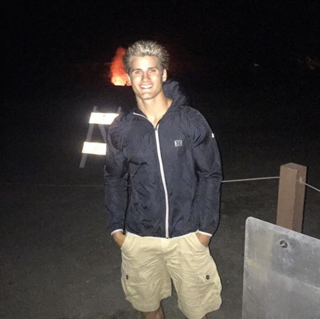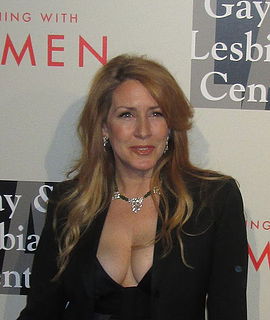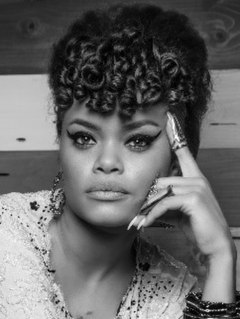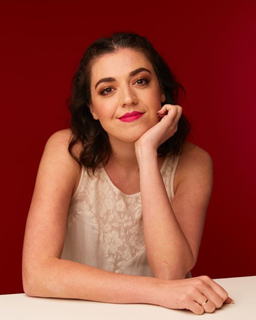A Quote by Joshua Henry
Even when I was studying musical theater in college, after I would have theory at 8 in the morning and be on crew for productions until 11 at night, from 12 A.M. to 3 A.M. I was hanging out with jazz musicians.
Related Quotes
I visited New York in '63, intending to move there, but I noticed that what I valued about jazz was being discarded. I ran into `out-to-lunch' free jazz, and the notion that groove was old-fashioned. All around the United States, I could see jazz becoming linear, a horn-player's world. It made me realize that we were not jazz musicians; we were territory musicians in love with all forms of African-American music. All of the musicians I loved were territory musicians, deeply into blues and gospel as well as jazz.
Having full-time classes, it doesn't really work out because there's so much workload and so much studying that you really don't have time to train. I'd stay up until two or three in the morning just studying, and then I'd have to go get a few miles running, work out at the gym super late, and try to get my working out in late at night.
I knew that I could sing when I was young. I would listen to a lot of jazz; I'm a big jazz fan. When I first got to high school and studied musical theater, I could sing. But I added certain things to my voice, and I realized after graduating high school that this is the kind of voice I had. It's not very nimble, but it's heavy.
